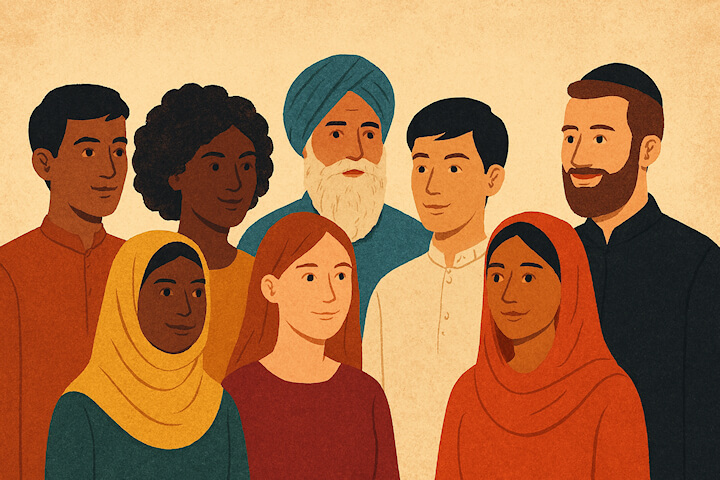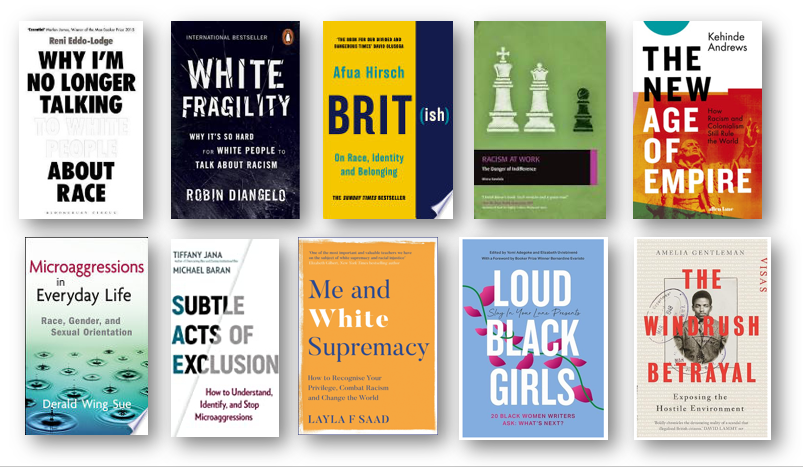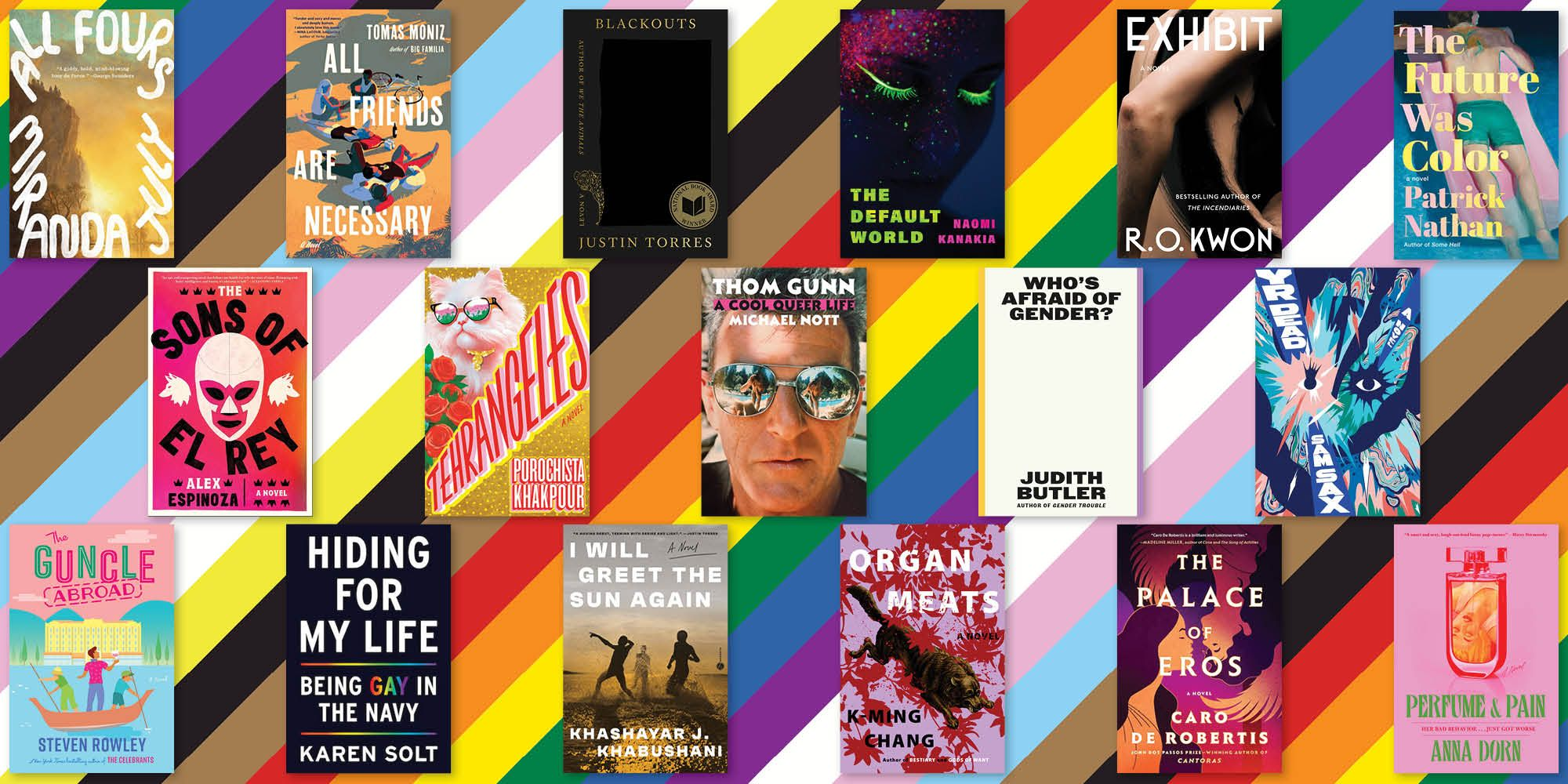Free Events
See our free events below that you can sign up for
Faith, Culture & Anti-Racism: Pilot Session

16th December: 6.00 pm to 7.00 pm
This is a pilot session for our new Faith, Culture and Anti-Racism course that is being launched in 2026
Across the UK, ethnically diverse communities continue to experience systemic racism, religious discrimination, cultural misunderstanding, and unequal access to services. Public sector workers are required to deliver fair, safe and inclusive services yet many do not receive specialist training in:
- Cultural competence and humility
- Anti-racist practice
- Intersectionality and lived experience
- Challenging bias and discrimination
This workshop responds to these gaps, supporting better conversations, safer decision-making and more equitable outcomes.
 Courageous Conversations: Race and Rights
Courageous Conversations: Race and Rights
New for 2026: A year-long national programme from EDUK
Throughout 2026, EDUK is delivering Courageous Conversations: Race & Rights - a national programme of monthly online events exploring Black heritage, identity and racial justice. Co-designed with young people, the series builds confidence & skills to challenge racism, promote inclusion & advance equality.
Each month we will connect to a key moment in Black British history - from Stephen Lawrence Day to Windrush Day and open a space where we learn, reflect and take action together.
More info RegisterCourageous Conversations about Race
This Zoom event is held every 6 weeks

In a safe and inclusive virtual space, we invite participants to share their experiences, perspectives, and insights on various topics related to race relations and social justice.
Facilitated by experienced moderators, this event encourages participants to engage in open, honest, and respectful conversations.
Don't miss out on this opportunity to be a part of Courageous Conversations about Race. Reserve your spot today!
Anti-Racism Book Club
This Zoom event is held every 6 weeks

The Anti-Racism Leadership Book Club's mission is to explore and discuss literature that enriches our understanding of race equality, diversity, and inclusion.
Through thought-provoking discussions, we aim to create a space for open dialogue and shared learning.
LGBTQ+ Book Club

Every six weeks, we’ll come together to explore powerful LGBTQ+ literature that sparks change, in ourselves, our workplaces, and the world around us.
Whether you're LGBTQ+ or an ally, this club offers a space to learn, share, ask questions, and commit to inclusion in personal and professional life
Our Mission
To promote LGBTQ+ equality, challenge discrimination, and build positive relationships between LGBTQ+ communities and other diverse groups.
Through reading and discussion, we’ll increase our knowledge, empathy, and confidence to create inclusive environments for all
Free Resources
See our free resources below
Manager’s EDI Briefing - Five common mistakes managers make
This guide highlights five common mistakes managers make and gives you practical steps to replace performative gestures with genuine, embedded inclusion – starting now.
Five common mistakes managers make
To download the full resource:
Manager’s 10-Point EDI Briefing: A practical, UK focused checklist to embed inclusion into your day-to-day leadership,
National Inclusion Week Guide
National Inclusion Week (NIW) is an annual UK-wide event launched in 2013 to celebrate inclusion and inspire meaningful, sustained action in workplaces. It provides an opportunity for organisations to reflect, learn, and commit to making inclusion a core part of their culture and everyday practice.
In 2025, NIW will take place from 15th–21st September. It’s a chance to go beyond awareness-raising and ensure that inclusion is embedded into systems, strategies, and behaviours across all levels of an organisation.
Designing, Planning, and Developing an Equality Policy and Action Plan
Keeping your policies current and relevant is crucial, though it can be challenging and time-consuming. The assurance that your policies reflect the latest legislation and best practices in inclusion is invaluable. Our team will partner with you to create well-written, comprehensive policies and action plans. We support your organisation in embedding and acting on EDI issues, ensuring your policies set a strong foundation and clarify employee expectations.
10 Key Steps to Understanding and Applying Intersectionality
Intersectionality is a powerful tool that helps us uncover how different systems of power shape inequality. It provides a lens through which we can examine the ways oppression and privilege interact, often in complex and overlapping ways.
Rooted in Black feminist thought and first defined by Kimberlé Williams Crenshaw in the 1980s, intersectionality has gained greater prominence in the mid-late 2010s. It helps us see how identities such as gender, sexuality, race, class, disability, and more can both empower and disadvantage individuals depending on the structures of society.
Understanding and applying intersectionality allows us to challenge discrimination and privilege in meaningful ways. Here are ten key steps to doing so effectively.
10 Key Steps to Understanding and Applying Intersectionality
Learning Styles – What School Leaders Need to Know
The theory of learning styles claims that individuals learn best when taught in their preferred sensory mode:
- Visual (seeing)
- Auditory (hearing)
- Kinesthetic (doing)
Despite its popularity, research over the last 40 years shows no reliable evidence that matching teaching to these styles improves learning.
The intention behind learning styles – personalising learning – is admirable but misinformed. Schools can achieve far better outcomes by embracing research-led, inclusive practices that focus on how learning truly works.
Read the full briefing
Not racist v Anti-Racist
There's a big difference between being not-racist and being anti-racist. I know it doesn't seem like it. I know that both things seem equally good, but they're not.
Sometimes, we sit and we look around us and we think, ‘how can I possibly change all this?’ And sometimes you can’t.
But what you can do is make sure wherever you go, people know where you stand.
They know that you’re an anti-racist. You become a beacon of light that way.
You become someone who makes other people want to be anti-racist too.
You’ve got tools at your disposal. Learn. Read. And make everybody clear where you stand.
Registration Form
Don't Miss out!
Subscribe to receive the latest equality and diversity news, offers and updates
